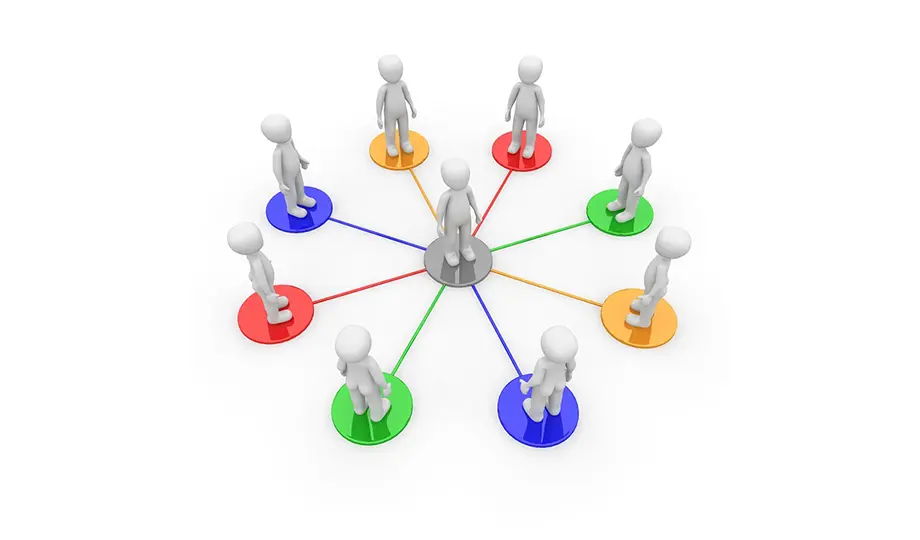Meeting Environmental Supplier Requirements
27 July 2016

For those of you that supply products or services to other businesses, you may have certain requirements that you need to fulfil in order to promote successful relationships with your clients. This may be something simple like completing a supplier questionnaire or more detailed requirements that you must meet. This blog will take a look at how you might meet some of those environmental supplier requirements.
A lot of companies recognise the importance of managing their environmental impacts and many of their risks lie within their supply chain. In order to manage these risks, some organisations work closely with their suppliers to address their environmental impacts through objectives and targets, providing support and best practice ideas to work towards a more sustainable supply chain.
Simple requirements may include submitting information such as a certificate for your Environmental Management System to the ISO 14001 standard, a copy of your Environmental Policy or confirmation that you have objectives and targets to improve your environmental performance. However, some customers have more specific guidelines and requirements that encourage you to improve your environmental performance. More companies may start looking to the environmental performance of their suppliers as the updated ISO 14001 asks companies to look at the lifecycle of their products and services and assess any areas that they can improve.
One of the main drivers behind supplier requirements is to manage the supply chain and the environmental impacts of products and services. As such, many of the requirements could be around improving certain aspects of your environmental performance. In order to improve, you will first need to benchmark your current performance. This will involve some monitoring and data collection. You might decide (or be asked) to look at waste generation, energy use, emissions to water and/or air, water use or transport. Once you know your current position, you can start to look at areas where you can improve. You should set some objectives and look at how you can realistically achieve them. This will include action plans, delegation of responsibility and timescales. You should continue with your monitoring and measurement in as much detail as possible so you can identify where improvements are being made, how quickly they are being made and highlight any actions that aren’t having the desired effect and change your approach. As part of this process, you may need to develop new procedures, communicate with or train your staff or carry out various assessments to support your ongoing improvement.
You should keep an open dialogue with your customers and don’t hesitate to communicate improvements that you have made. They are asking for those improvements so you should share examples of good practice. This can help strengthen your business relationship and prove that you take your environmental responsibilities seriously.
Increasingly, businesses are taking the environmental impacts of their products and services seriously and a lifecycle approach inevitably looks at what the supply chain are doing. This can lead to supply chain requirements. As well as improving customer relationships, it is also a good opportunity and driver to improve your environmental performance that can lead to efficiency improvements, cost savings and increase business opportunities.









